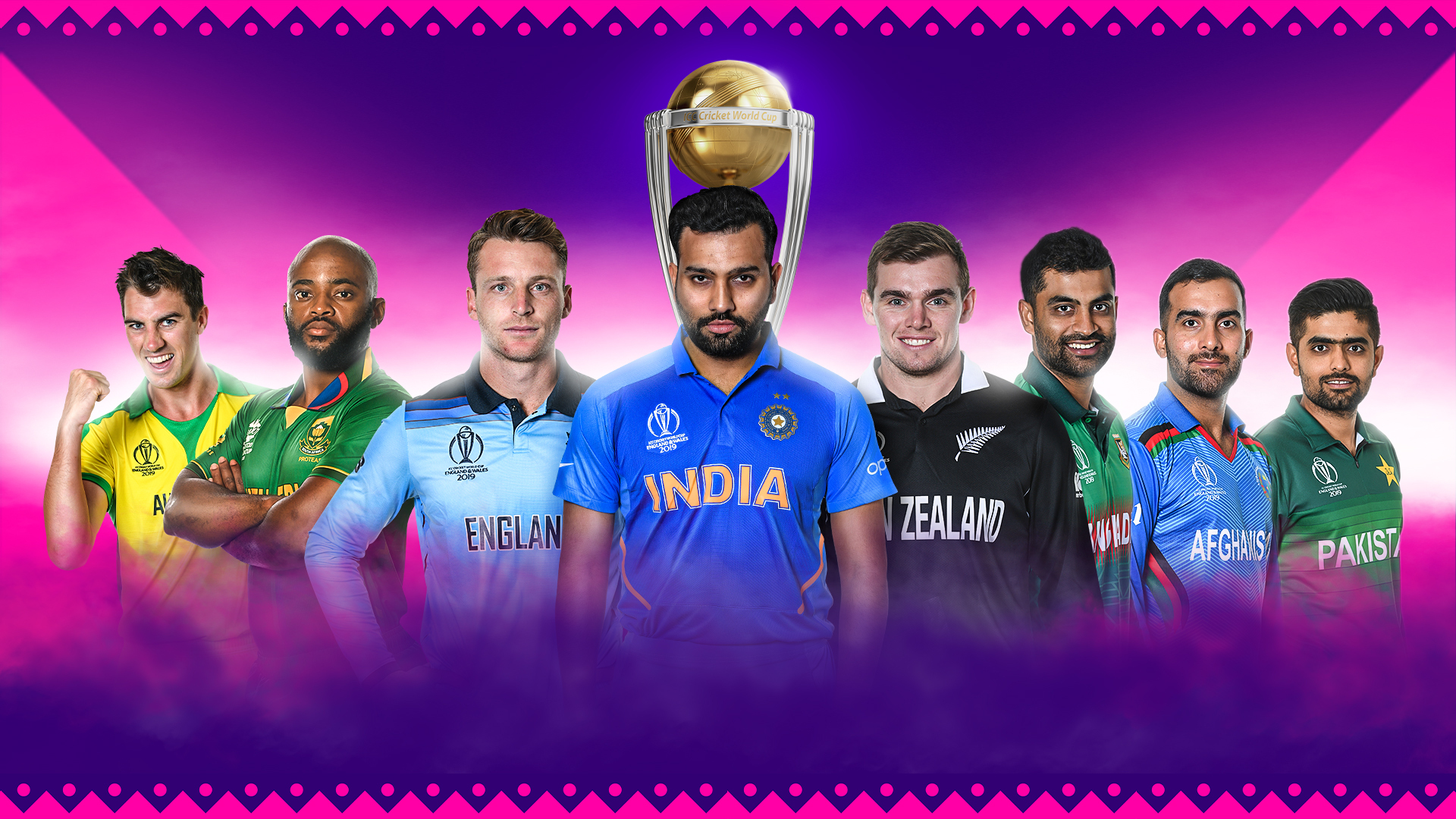Cricket, often referred to as a religion in India, has captured the hearts of millions for decades. The sport’s history in the country is as rich and diverse as its culture. When it comes to the Cricket World Cup, India’s journey has been nothing short of extraordinary. From humble beginnings to becoming a powerhouse in world cricket, let’s take a look at the fascinating history of the Cricket World Cup in India.
1975 – 1983: The Genesis
The inaugural Cricket World Cup took place in 1975 in England, featuring eight participating nations. India, under the captaincy of Ajit Wadekar, made their debut but couldn’t make it past the group stage. The West Indies emerged as the first champions.
In 1979, the second edition saw India’s performance improve, reaching the semifinals, but they were defeated by England. The West Indies retained their title, setting the stage for a cricketing revolution in India.
1983 was a watershed moment in the history of Indian cricket. Kapil Dev’s underdog team shocked the world by winning the Cricket World Cup, defeating the mighty West Indies in the final. This victory was a turning point for Indian cricket, igniting a passion for the sport that continues to burn brightly today.
1992 – 2007: Building Momentum
India’s performance in the Cricket World Cup during the 1990s was marked by a mix of highs and lows. They reached the semifinals in 1996 but were eliminated by Sri Lanka. The 1999 World Cup was a disappointment as India failed to progress beyond the Super Six stage.
However, in 2003, India once again emerged as a formidable force. Led by Sourav Ganguly, they reached the final but were defeated by Australia. The tournament saw the emergence of talents like Yuvraj Singh and Zaheer Khan, who would go on to become key players for India in the years to come.
2007 was a dark chapter in Indian cricket history as they crashed out of the tournament in the group stage, marking one of the lowest points in their World Cup journey.
2011: Glory on Home Soil
The 2011 Cricket World Cup was a historic event for India as they hosted the tournament. Under the leadership of M.S. Dhoni, the team lifted the coveted trophy once again, beating Sri Lanka in a thrilling final at Wankhede Stadium in Mumbai. This victory was particularly significant as it came on home soil, uniting a nation of cricket lovers in celebration.
2015 – 2019: Consistency and Heartbreak
In 2015, India reached the semifinals but was defeated by Australia. The team was consistent, but a third World Cup title remained elusive.
The 2019 World Cup held in England saw India perform exceptionally well during the group stage. However, their journey was cut short in the semifinals when they were defeated by New Zealand in a rain-affected match. It was a heartbreaking exit for the Indian team and their fans.
Conclusion
The history of the Cricket World Cup in India is a tale of resilience, passion, and unrelenting determination. From their humble beginnings in 1975 to becoming world champions in 1983 and 2011, India’s cricketing journey has been nothing short of remarkable.
As we look forward to the future of Indian cricket, it is clear that the nation’s love affair with the sport will continue to grow. With a rich pool of talent and a fan base that is second to none, India remains a force to be reckoned with in the world of cricket, and their quest for more World Cup glory is sure to captivate fans around the globe for years to come.

